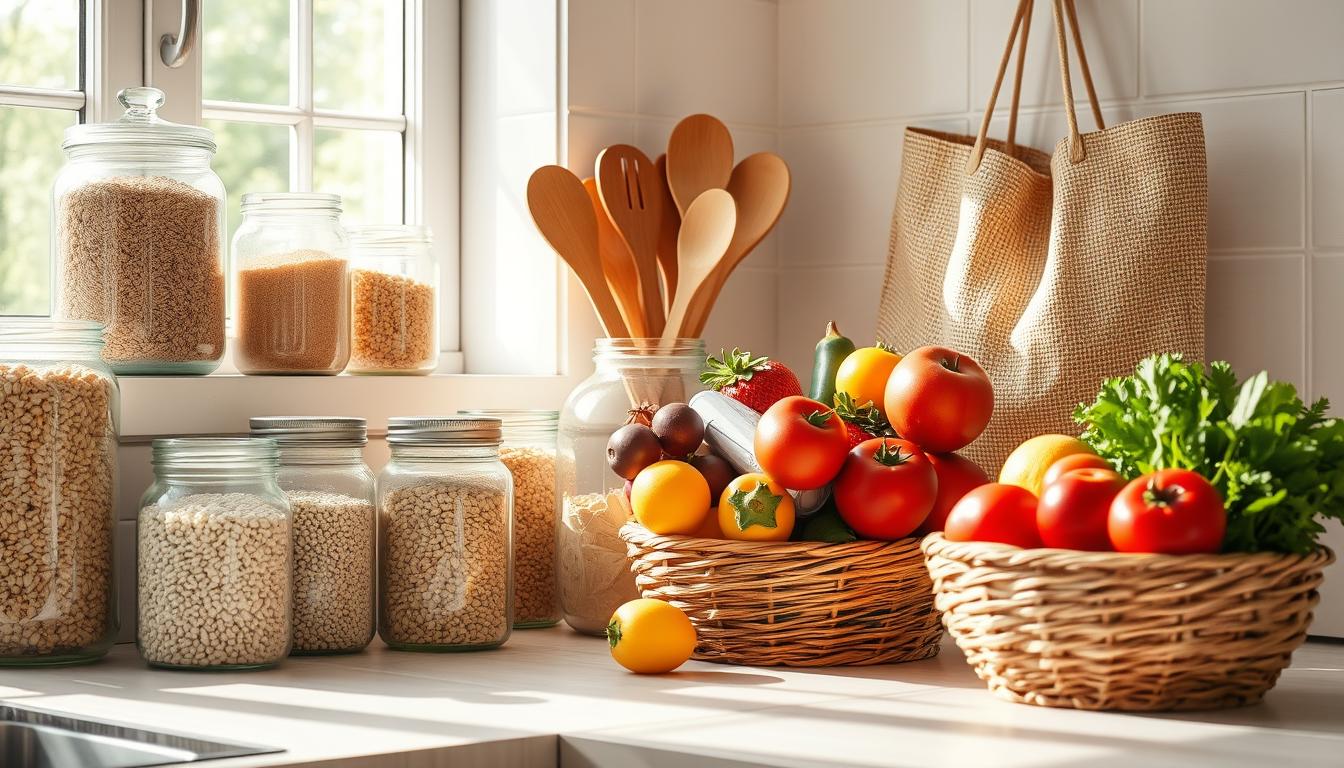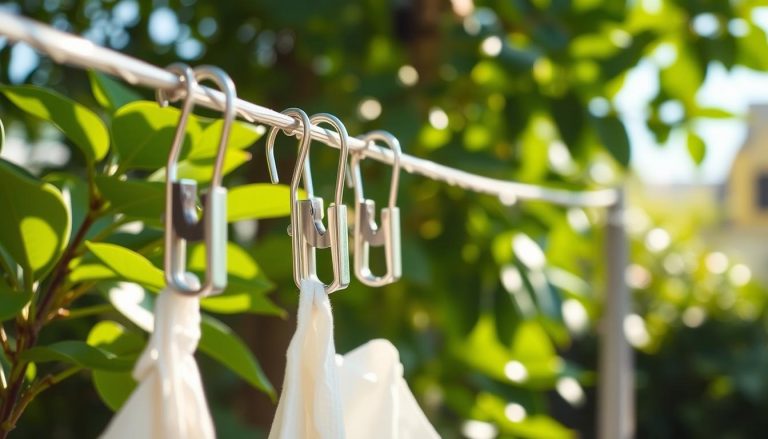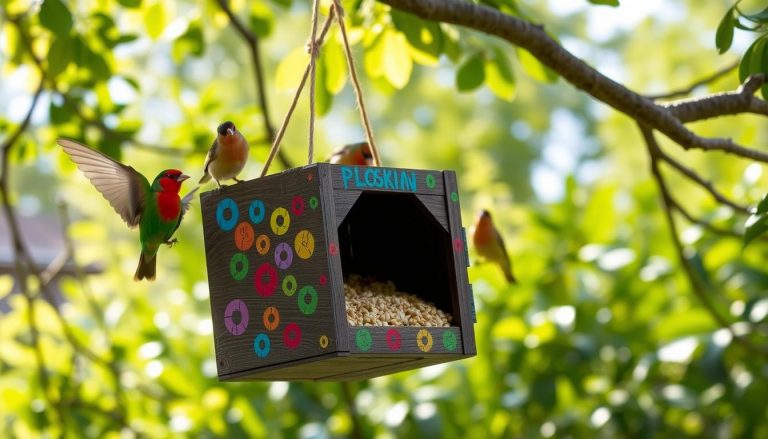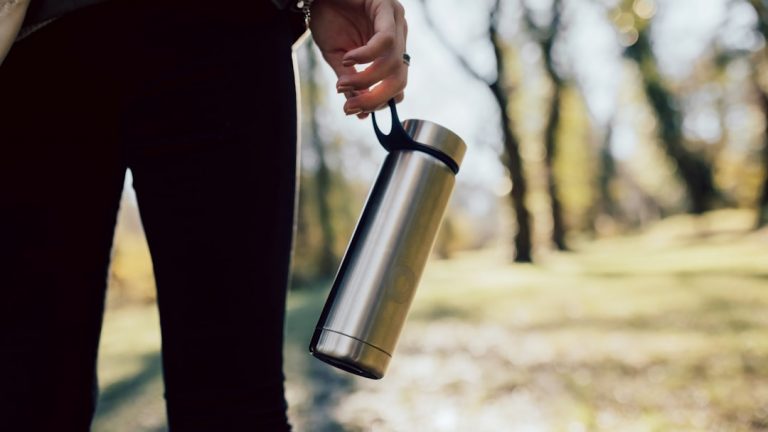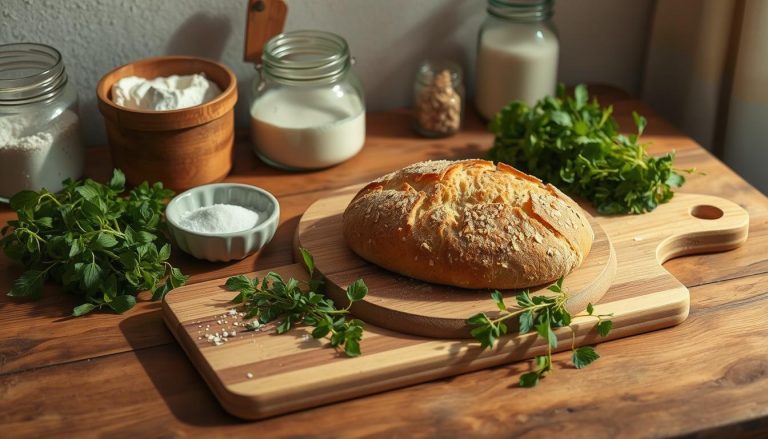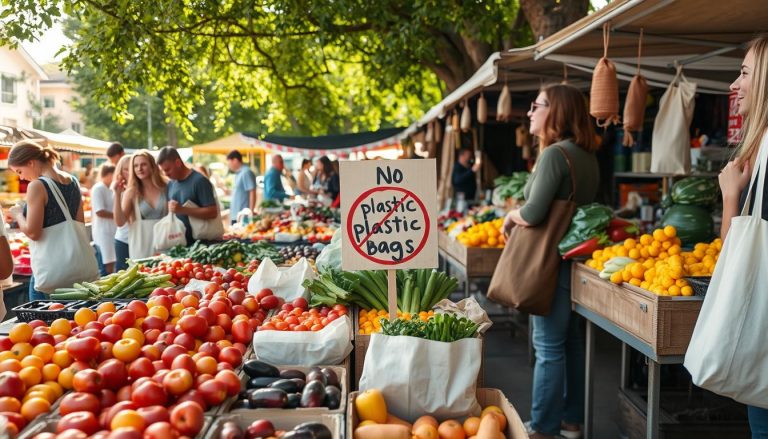Plastic Free: Four simple ways to reduce your plastic waste
In today’s world, embracing a plastic-free lifestyle is more crucial than ever. With the United Nations reporting over 800 million tons of plastic waste generated globally each year, the urgency to reduce plastic waste cannot be overstated. Plastic pollution significantly impacts marine life, wildlife, and human health. Recycling efforts, while important, fall short, as studies reveal that 91% of plastic is never recycled. By shifting to eco-friendly living and adopting sustainable practices, individuals can actively contribute to a healthier planet. Brands like Stasher demonstrate how practical solutions, such as reusable silicone bags, can align seamlessly with a plastic-free approach to everyday life.
Understanding the Need for a Plastic-Free Lifestyle
Adopting a plastic-free lifestyle has become essential in light of the alarming environmental effects of plastic waste. Every year, plastic pollution results in catastrophic consequences for marine ecosystems and wildlife conservation efforts. The relentless influx of plastics into our oceans is responsible for the tragic death of over a million marine animals. Single-use plastics are particularly harmful, with organizations working tirelessly to combat the depletion of biodiversity caused by consumer habits.
Environmental Impact of Plastic Waste
The environmental effects of plastic extend far beyond unsightly litter. Microplastics have infiltrated over 90% of drinking water sources globally, raising concerns about safe drinking water. These tiny particles, which are often a result of larger plastic items breaking down, can cause ocean pollution and disrupt entire ecosystems. Marine life inadvertently consumes these microplastics, leading to dire consequences for wildlife health and survival.
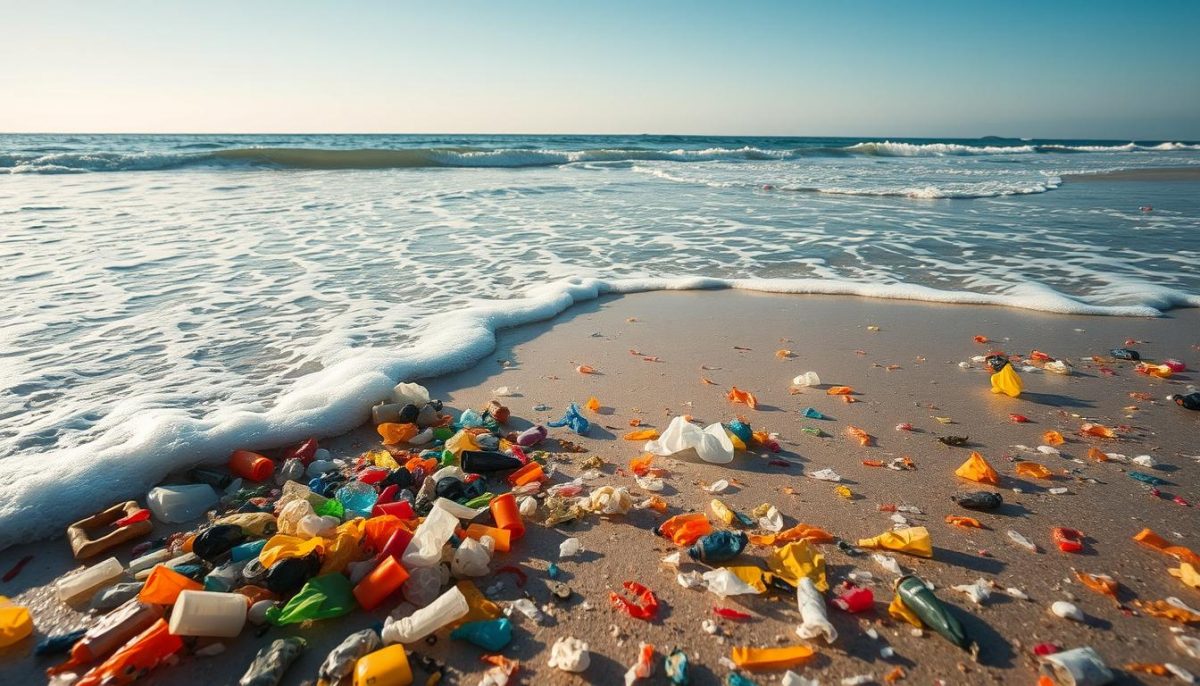
Health Concerns Linked to Plastic
Health risks of plastics are another significant aspect to consider. The chemicals in plastic, such as Bisphenol A (BPA), are not merely passive ingredients. Research highlights that BPA exposure can disrupt hormonal systems, potentially resulting in reproductive disorders and other chronic health conditions. Furthermore, microplastics’ infiltration into the food chain raises critical questions about food safety. Studies indicate these particles can accumulate in human tissues, leading to unknown long-term health effects.
Plastic Free: Four Simple Ways to Reduce Your Plastic Waste
Transitioning to a plastic-free lifestyle can be easier than you think. By integrating reusable products, choosing biodegradable alternatives, and adopting smart shopping habits, you can significantly reduce your plastic consumption and lead a more sustainable life. Here’s how you can start making a difference today.
Embrace Reusable Products
Using reusable items like stainless steel water bottles, bamboo utensils, and cloth shopping bags not only helps cut down on plastic waste but also promotes eco-friendly practices. Brands such as Hydro Flask and Bee’s Wrap are excellent examples of how these eco-friendly alternatives can make a positive impact. By opting for reusable products, you not only save money over time but also contribute to decreasing daily energy consumption associated with single-use plastic production. This simple change can significantly reduce your personal waste footprint.
Choose Biodegradable Alternatives
Switching to biodegradable products is another effective strategy for minimizing plastic waste. Compostable plates made from sugarcane or plant-based packing peanuts are excellent examples of eco-friendly packaging that breaks down more efficiently than traditional plastics. Companies like BioBag and Eco-Products are at the forefront of providing these sustainable materials, aligning with zero waste initiatives. Being mindful of a product’s full lifecycle encourages consumers to make smarter choices that further support biodegradable alternatives.
Shop Smart: Bulk Buying and Bring Your Own Bags
Incorporating sustainable shopping practices like bulk buying can significantly reduce packaging waste and save you money. Stores such as Costco and local co-ops often have bulk sections that allow for eco-friendly grocery shopping. Additionally, using reusable shopping bags helps eliminate single-use plastic bags during your grocery runs. Research indicates that adopting these simple habits can drastically decrease household plastic waste, making a substantial contribution to a more sustainable future.

